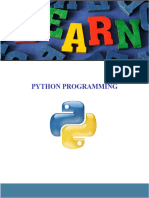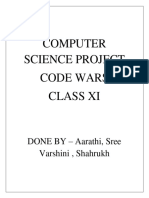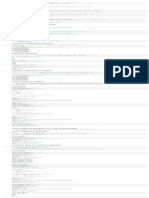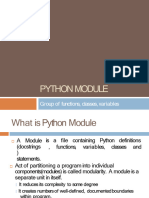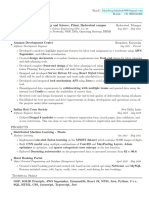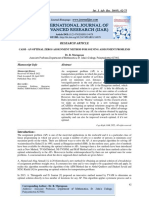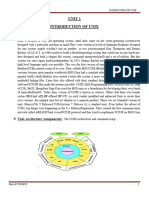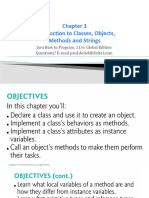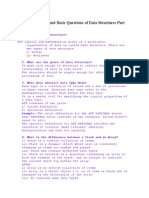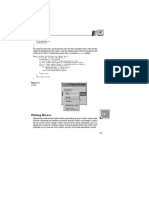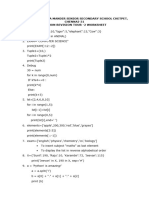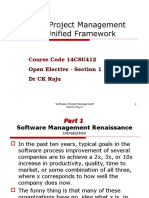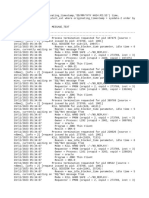0% found this document useful (0 votes)
32 views5 pagesPopular Modules - Random, Math, Datetime, Os
This document provides a comprehensive guide on four popular Python modules: random, math, datetime, and os, detailing their core functions, syntax, and use cases. It includes examples, advantages and limitations, and a comparison table summarizing each module's purpose and key functions. The guide serves as a resource for mastering these essential modules in Python programming.
Uploaded by
AdithCopyright
© © All Rights Reserved
We take content rights seriously. If you suspect this is your content, claim it here.
Available Formats
Download as PDF, TXT or read online on Scribd
0% found this document useful (0 votes)
32 views5 pagesPopular Modules - Random, Math, Datetime, Os
This document provides a comprehensive guide on four popular Python modules: random, math, datetime, and os, detailing their core functions, syntax, and use cases. It includes examples, advantages and limitations, and a comparison table summarizing each module's purpose and key functions. The guide serves as a resource for mastering these essential modules in Python programming.
Uploaded by
AdithCopyright
© © All Rights Reserved
We take content rights seriously. If you suspect this is your content, claim it here.
Available Formats
Download as PDF, TXT or read online on Scribd
/ 5
























